
Politics
20:00, 29-Jun-2018
Chen Duxiu: First General Secretary of CPC Central Committee
Updated
19:56, 02-Jul-2018
By Li Deyi, Liang Si
01:20
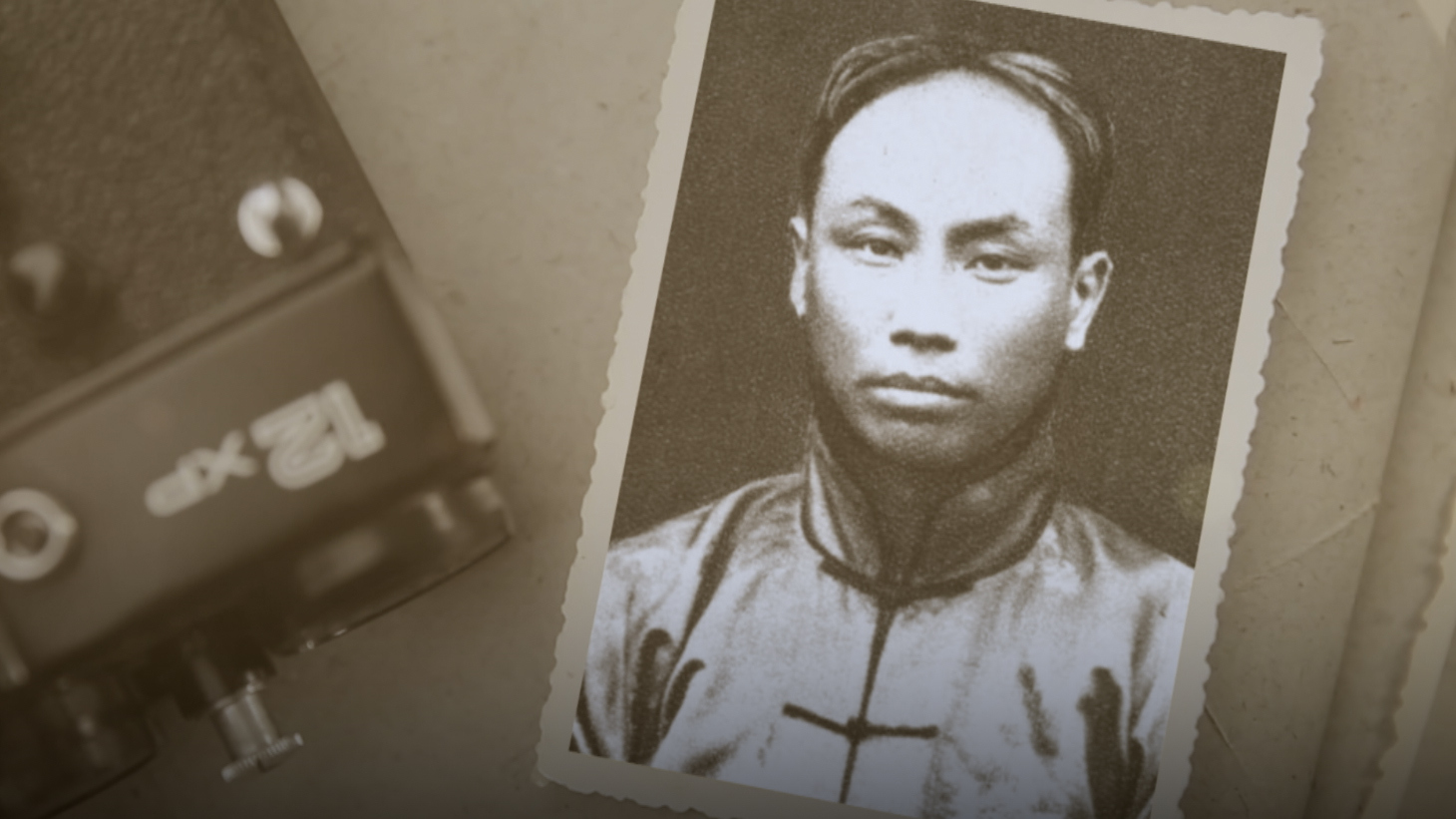
Editor's note: This series introduces the five historical icons of the Communist Party of China (CPC): Chen Duxiu, Li Dazhao, Li Da, Chen Wangdao and Mao Zedong.
Chen Duxiu (October 8, 1879-May 27, 1942) was an educator, philosopher and politician, who played many different roles in Chinese history.
Chen was the publisher of the influential vernacular Chinese periodical La Jeunesse, a leading figure in the anti-imperial Xinhai Revolution and the May Fourth Movement for Science and Democracy, and a co-founder of the Communist Party of China (CPC).
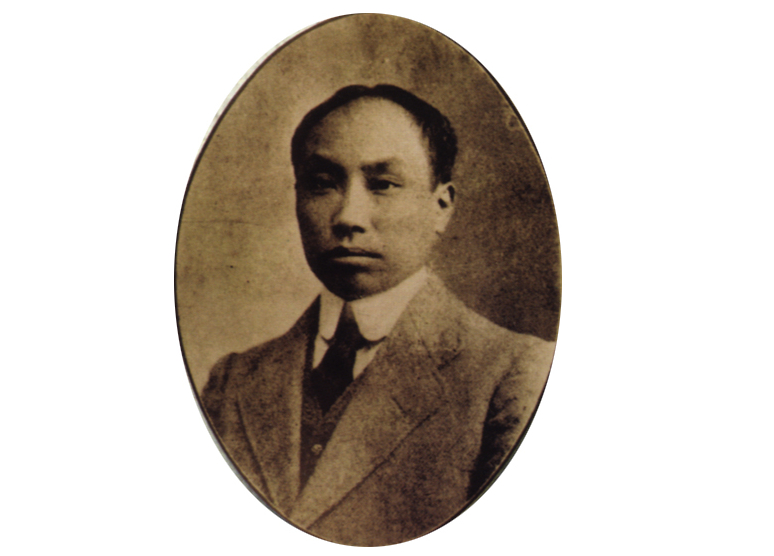
File photo of Chen Duxiu
File photo of Chen Duxiu
Establishing revolutionary organization
Between 1901 and 1914, Chen traveled five times to Japan. His experience overseas opened his eyes to ideological revolution.
“Japan was a model of rapid transformation from backwardness to prosperity at that time. Chen could learn how to save China in there,” Tang Baolin, author of Biography of Chen Duxiu, said in an interview.
In 1902, Chen established a youth association with Zhang Ji, Su Manshu and others in Japan, with the aim of overthrowing the imperial rule in China.
Leading intellectual of New Culture Movement
Chen launched the “Youth Magazine” (La Jeunesse, later renamed “New Youth”) in Shanghai on September 15, 1915.
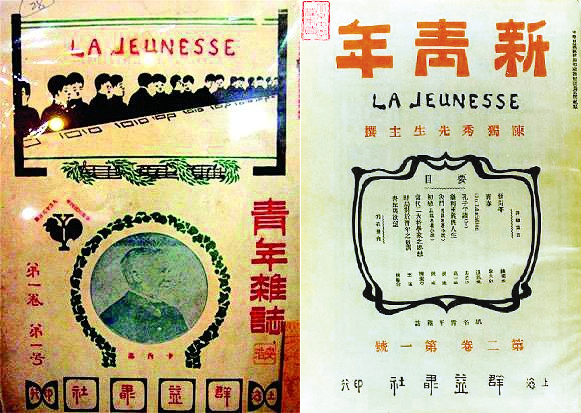
File photo of La Jeunesse magazine
File photo of La Jeunesse magazine
With the first issue of La Jeunesse began the New Culture Movement, an ideological and cultural innovation and literary revolutionary movement, of which Chen was a leading intellectual.
La Jeunesse was the main platform to spread Marxism at the time and is considered one of the most influential journals in modern Chinese history.
Guiding May Fourth Movement
Chen founded Weekly Review with Li Dazhao, a pioneer in promoting sinicization of Marxism, on December 22, 1918, to promote the new culture and publicize Marxist ideas.
Weekly Review focused on criticism and La Jeunesse focused on theory. Both of them jointly promoted the revolution process.
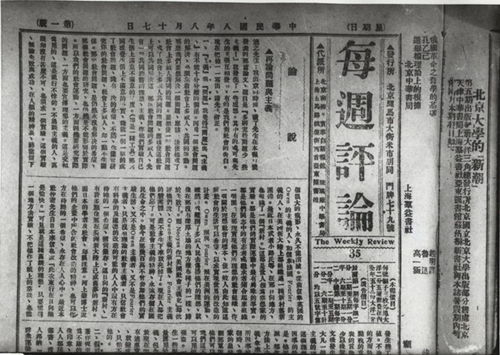
File photo of Weekly Review
File photo of Weekly Review
On May 4, 1919, news about the rise of the patriotic May Fourth Movement – an anti-imperialist, cultural and political movement – spread widely in China. Li and Chen drafted the “Declaration of Beijing Citizens” on June 9, in order to support and guide the development of the movement.
The national patriotic movement had helped with the dissemination of Marxism and merged with the workers’ movements in China.
First secretary and chairman of CPC
In August 1920, the first communist organization in China was born in Shanghai with help from Third International, also known as Communist International, an international communist organization that advocated world communism, and Chen was voted as the group's leader.
Although the organization was not large and only had eight initiators, it acted as the original model which inspired what would later be known as the Communist Party of China (CPC).
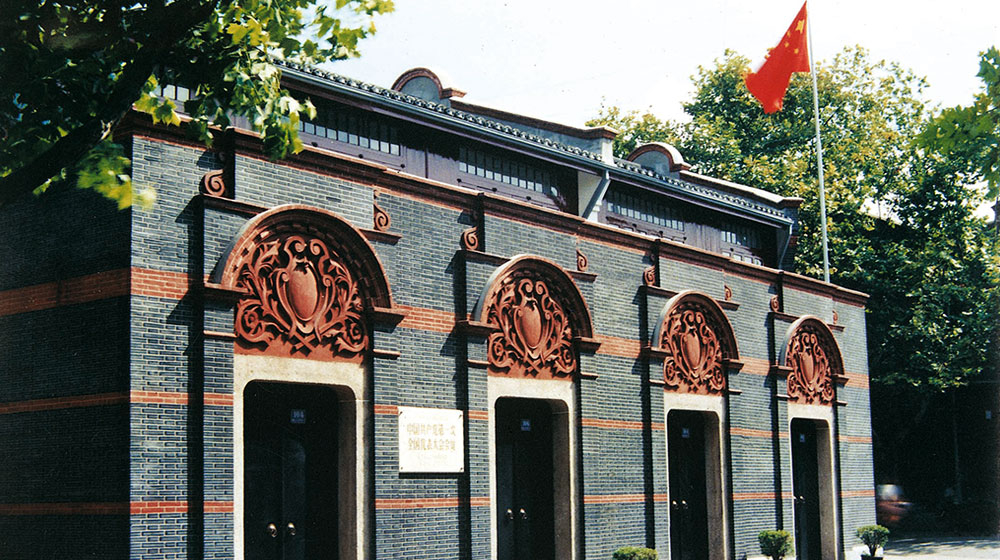
File photo of the site of the First CPC National Congress
File photo of the site of the First CPC National Congress
At 8 pm on July 23, 1921, the First National Congress of the CPC began in Shanghai. Chen was elected secretary of the CPC Central Bureau at the end of the Congress.
Later, he was elected as the chairman of the CPC's Central Executive Committee (CEC) at the second and third national congresses, general secretary of the CEC at fourth national congress, and general secretary of the Central Committee at the fifth national congress.

SITEMAP
Copyright © 2018 CGTN. Beijing ICP prepared NO.16065310-3
Copyright © 2018 CGTN. Beijing ICP prepared NO.16065310-3